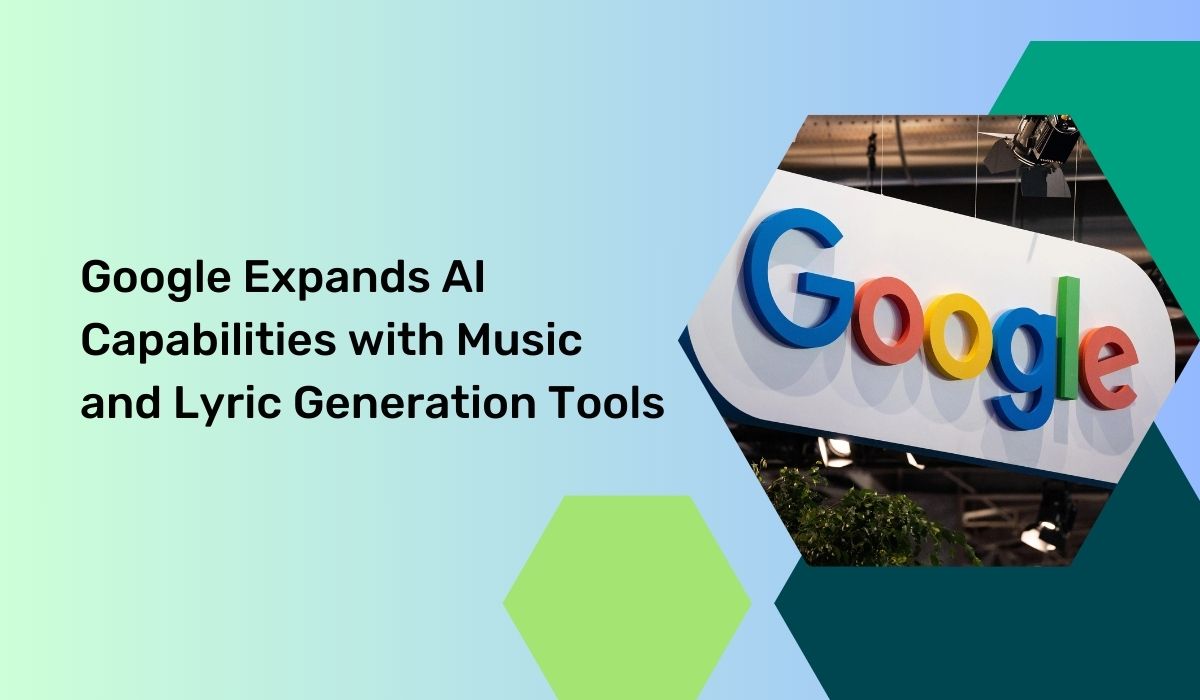
Google has launched MusicFX, an upgraded version of its MusicLM tool released last year. This advanced music-generating tool promises faster and higher-quality music creation, allowing users to craft ditties up to 70 seconds in length and music loops. Available in Google’s AI Test Kitchen, the app offers users an experimental playground for AI-powered systems, with MusicFX now widely accessible after an initial release for select users in December.MusicFX retains the user-friendly interface of its predecessor, enabling users to input text prompts describing the desired song. Noteworthy enhancements include suggestions for alternative descriptor words and a word cloud offering recommendations for relevant descriptions, instruments, and tempos.
Initial reviews suggest that while the tool delivers clean and crisp tracks, it tends to lean towards the mundane and lacks the inspired melodies found in professional DJ sets.Despite its strides, MusicFX grapples with limitations, avoiding specific artist mentions and vocals to sidestep copyright issues. The incorporation of SynthID, an inaudible watermarking technology, aims to distinguish tracks generated by MusicFX. However, questions arise regarding the effectiveness of Google's filters, as users report circumventing restrictions tied to specific artists and song names.
In tandem with MusicFX, Google introduces TextFX, a lyric generation tool designed as a companion in the AI Test Kitchen. Collaborating with rap artist Lupe Fiasco, Google aims to elevate the user experience and navigation of TextFX, powered by the PaLM 2 text-generating AI model. Unlike a fully automated lyrics generator, TextFX operates as a suite of modules aiding the lyric-writing process. Though the tool requires some familiarity, it holds potential as a valuable resource for lyricists, offering modules to find words in chosen categories and identify similarities between unrelated concepts.
Yet, caution is advised with TextFX's outputs, as Google acknowledges the potential for inaccuracies, emphasizing the need for careful review. The tool's capabilities raise intriguing possibilities for lyricists and writers, but concerns linger regarding the accuracy of its information and potential misuse.
While Google's MusicFX and TextFX showcase the company's commitment to advancing GenAI music technology, critical questions remain unanswered. As AI-generated tracks gain popularity, concerns about copyright violations and the authenticity of deepfake music persist. Google's efforts to collaborate with artists and deploy AI models on platforms like YouTube signal a careful approach, yet legal ambiguities surrounding AI-generated music and copyright issues pose challenges that the tech giant must navigate. As the industry grapples with these uncertainties, Google pushes forward, undeterred by the complex landscape it faces in the evolving world of GenAI music.